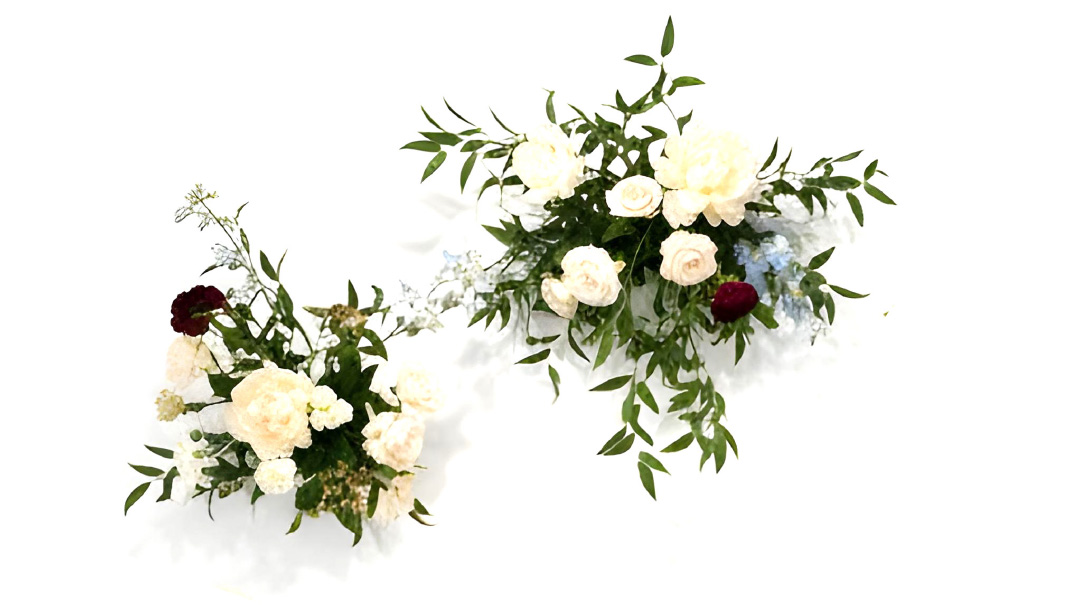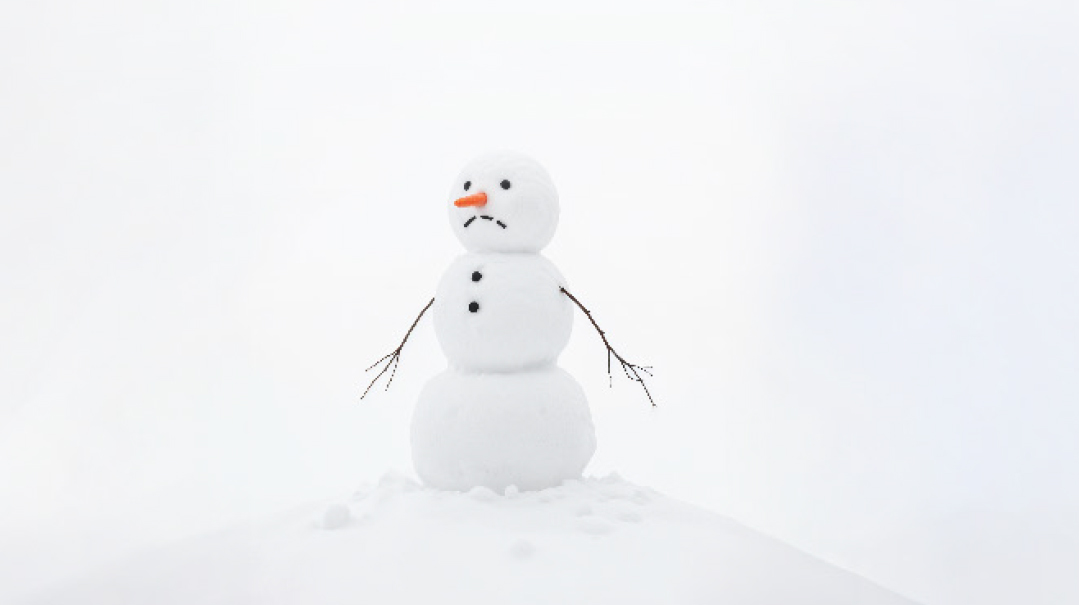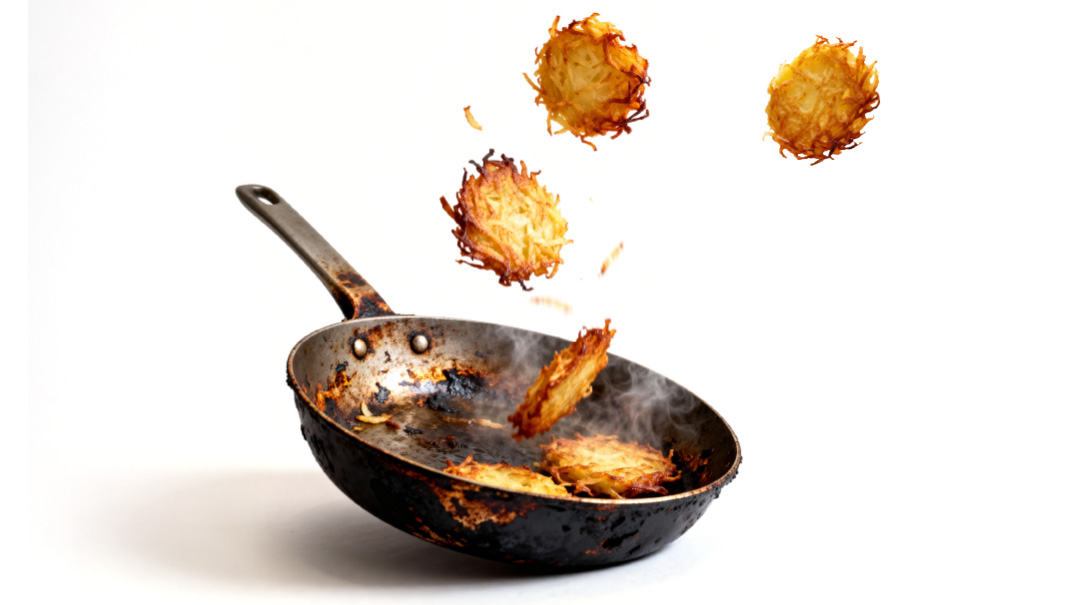The Wisdom Within
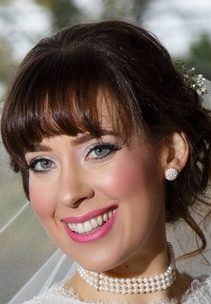
Later, as I pushed the double stroller home, I mulled over her statement. Wisdom? Me?
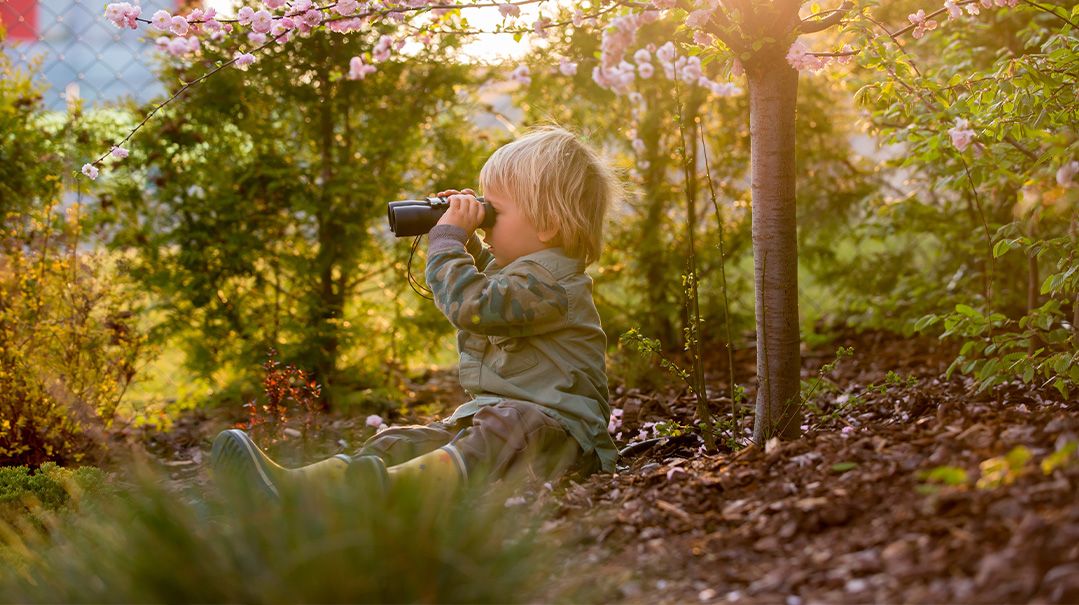
IT was a beautifully crisp Shabbos morning, and I, delighted that the sticky, sweaty summer had finally departed, happily whipped out jackets and bundled my babies off to the park. We sat there alone for a bit, my oldest clambering on the equipment as the younger watched from the stroller. Eventually, another mother arrived with her two children, all of them walking at a sedate, refined pace. She was smiling and open, and we began playing Jewish geography.
Much to my surprise, I discovered that we had been neighbors as children and had attended the same shul. Her demeanor was contained, unflappable, and sensible — like a stellar morah, I concluded, or a veteran rebbetzin, but her skin was enviously youthful.
We continued to chat, finding more connections, and with that topic spent, moved on to polite chitchat. “Is he your oldest?” she asked, motioning to my three-year-old.
“Yes,” I confirmed, adding, “I married ‘late,’” my fingers dabbing air quotes as a qualification.
“Well, they’ll have the benefit of your wisdom,” she replied smoothly — and diplomatically, I thought. I blinked. Wisdom? I laughingly brushed off her compliment, mentioning the everyday aches and pains and exhaustion of “old age.” “Still,” she firmly repeated in her teacher’s voice, “They’ll have the benefit of your wisdom.” I blinked again.
Later, as I pushed the double stroller home, I mulled over her statement. Wisdom? Me?
In my youth, I’d always believed there was a clear line between childhood and adulthood, and there would be a day when I would wake up and understand everything and know exactly what to do, like my mother did.
I watched my siblings marry, seeing them as so “grown up” in their early (very early) twenties, marveling at their new status. Then I finally reached that age, the age of marriage and adulthood, but… I didn’t marry. I tried very hard, mind you, but it stubbornly eluded my grasp. The years ruthlessly trudged along, and I watched my baby cousins marry, the children I babysat marry, as everyone married before me.
I was told I was (obviously) the creator of my own misery. I was lectured. I was criticized. I was treated like a misbehaving child — by complete strangers. So I believed I wasn’t yet an adult. I lived at home. I pitched in with my nieces and nephews, the way I did when I was a teenager. Ma made me dinner.
But contrary to popular belief, singlehood doesn’t mean one is encased in amber. I wasn’t frozen in time, waiting for a prince to release me from a spell. I listened to shiurim as I punched in data at work. I read books that altered how I interacted with others, the world at large. I developed a new and improved relationship with Hashem. When crisis hit — my mother’s illness and death — I had to summon the inner strength I didn’t know I had to marshal through.
Yet even then, when I collapsed on the dry shore, having survived the stormy sea, I still didn’t see myself as an adult.
Then my husband materialized.
I was surprised to awaken the day after my wedding feeling no different. I found no card in my wallet proclaiming, “Lea Pavel, Adult.” I now had to rethink all my erroneous assumptions: There’s no specific milestone that ushers in the next stage. We experience life. We acquire knowledge. We listen to advice. Somehow from that messy concoction we extract wisdom, wisdom that can only be gained though age.
I realize now, on the cusp of a birthday that brings me closer to 40, that during my singlehood I’d been an adult, an adult who was still learning and had something to offer “even though” I had no spouse. My observations shouldn’t have been dismissed because as an unmarried woman I must be doing something wrong. (It became abundantly clear shortly after I met my husband that no one before him was my bashert, and I’m glad I didn’t succumb to the naysayers’ pressure and marry the wrong person.)
Now he and I stand together, brimming with dating experience, a reliable source of wisdom in that arena, but… few want our advice. We’re the aberrations, the misfits who refused to be reasonable and “settle,” so parents with children in the parshah politely scuttle past, preferring not to hear what we have to convey.
We shrug and happily focus on our bouncing offspring. Until that beautifully crisp Shabbos morning in the park when I bumped into a random childhood connection who reinforced that my insights have value, that I’m a repository of wisdom, and not only that — my children will be the better for it.
I’ll take the win.
(Originally featured in Family First, Issue 828)
Oops! We could not locate your form.



